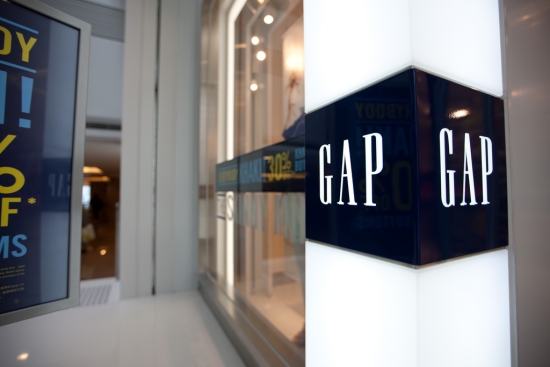Three weeks after a garments factory collapsed in Bangladesh resulting in the death of 1,100 people, European retailers including Zara, H&M and Primark have signed an accord aimed at improving overall health and safety for all workers. The military rescue operation at the nine-storey Rana Plaza ended on Tuesday, and district administrators are now responsible for the site.

US based retailer Gap has so far refused to sign the agreement on building safety
As a result of the accident, hundreds of factories were forced to close after employees staged walkouts and protests against the poor conditions in which many are forced to work. This is perhaps one of the major incentives for the signing of the Accord on Fire and Building Safety.
President of the Bangladesh Garment Manufacturers and Exporters Association, Mohammad Atiqul Islam, explained the situation in the wake of the disaster and highlights the concerns which triggered the mass walkouts.
He said; “Owners decided to close their factories on safety grounds after workers went on a rampage almost every day after the collapse of Rana Plaza.”
Many of the conditions set out in the accord will have a major impact on the lives of Bangladeshi workers, as safety inspections will now become a regular occurrence and will require retailers, for the first time, to pay for any repair work required.
Retailers now have until the 15th of May to sign the agreement, the terms of which were negotiated by two of Bangladesh’s main labour groups. However, while many UK chains including market leading supermarket Tesco have agreed to participate in the heightened health and safety initiative, several US brands including Walmart, Sears and Gap Inc. have refused to join their European counterparts.
As 60 per cent of all garment exports from Bangladesh, which is the world’s second largest textile producer behind China, are destined for Europe, it first appears that the support of American retailers is not a necessity. Yet without the support of these large retailers, the lasting impact of the agreement is thrown into question.
Gap Inc. has agreed to sign if a single alteration can be made to the agreement – it has an issue with the outlined resolution of disputes guideline. Eva Sage-Gavin, of Gap’s global human resources and corporate affairs department, believes that changing a single piece of legislation will allow American retailers to back the agreement in unity with Europe.
She says; “With this single change, this global, historic agreement can move forward with a group of all retailers, not just those based in Europe.”
Yet while retailers are struggling to negotiate the terms of an international agreement, it appears that progress is being made within the country itself. The Government, concerned with the impact the Rana Plaza collapse could have on Western buyers, has taken steps to improve the lives of workers.
Changes to Bangladesh’s labour law mean that workers may now form unions freely, which may then petition for safer conditions and worker’s rights. Furthermore, the national minimum wage was raised to $38 per month – while this £25 monthly wage may be one of the lowest in the world, it is at least a sign of progress which can be continued by union representatives.
Disasters such as the collapse of the Rana Plaza are horrific and the repercussions are felt throughout the world. However, if it can become the catalyst for change in the lives of Bangladeshi workers, perhaps the loss of 1,127-plus lives will not be entirely in vain.
Previous Post
Confidence Returning to Regional Market